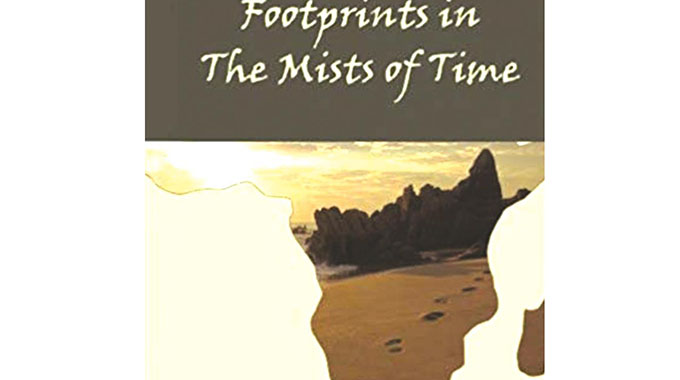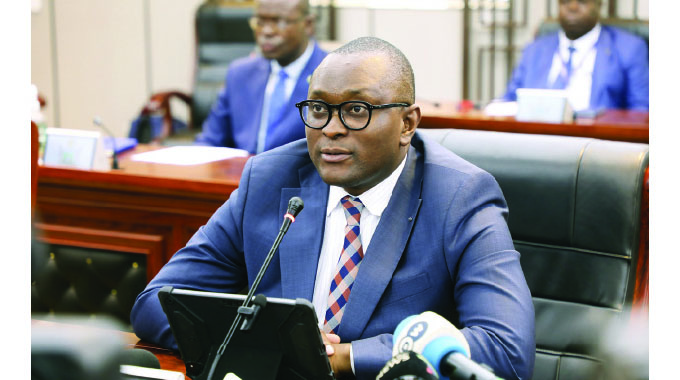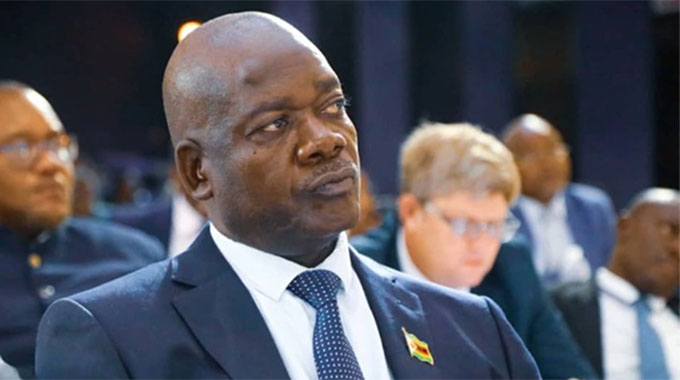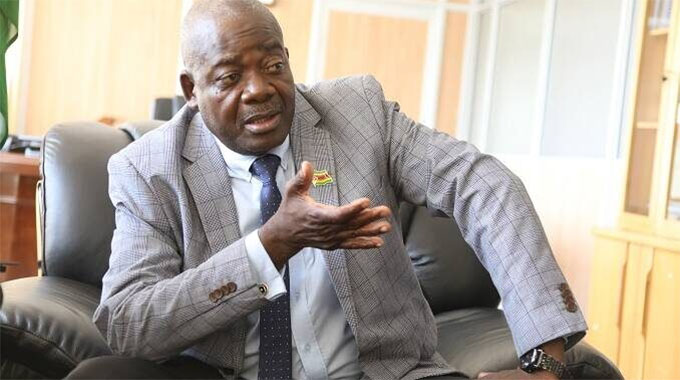Exploring religion, culture in African literature

Elliot Ziwira @ The Book Store
African writers should converge and speak with a unified voice to preserve the mores and values of their peoples, thus, culture should be given prominence in the continent’s literature.
The question of religion is becoming a melting pot across Africa. It appears religion has a way of robbing the individual of choice, especially so when he/she is expected to stoically swallow wholesome whatever is stuffed into his/her mouth.
It becomes profound, even worrisome, if extremism comes into play, because anything taken to extremes leads to violence, hypocrisy, obsession, alienation and fear.
Because of polarisation, there appears to be no religious compromise or tolerance as individuals are hitched to their own extremes.
It is such extremism that Chenjerai Hove takes a swipe at in “Palaver Finish” (2000), when he writes: “The religious sometimes have the audacity to think that everyone must see the world as they see it themselves. Anybody who does not share their beliefs is considered heathen . . . in an attempt to make the world uniform, mono-cultural and mono everything else.”
In African literature religion is a conspicuous theme, as it has the effect of fracturing national philosophy. Basically, three religions obtain — African Religion, Christianity and Islam. Inasmuch as culture is as old as religion, it will be folly to presume that Africans knew of God through colonisation.
Africans had their own belief systems and worshipped God in their own way, as is vividly captured in Mongo Beti’s “Mission to Kala” (1957), Kanengoni’s “Echoing Silences” (1988), Charles Mungoshi’s “Walking Still” (1997), Mariama Ba’s “Scarlet Song” (1981), Ngugi wa Thiong’o’s “Secret Lives” (1975) and Shimmer Chinodya’s “Chairman of Fools” (2005), just to pick at random, for other writers like Chinua Achebe, Wole Soyinka and Ayi Kwei Armah also delve into the religious forte.
wa Thiong’o, in “Secret Lives”, like Mungoshi in “Sacrifice” (“Walking Still”), and Kanengoni, explores how religion as a component of culture cannot be wished away. It is as hazardous as it is futile for Africans to run away from the norms and values obtaining in their societies — a case of one running away from his shadow. This rationale is captured in the stories “The Village Priest” and “The Black Bird”.
Religious skirmishes between Christianity and African Religion are revealed in a comical manner in the former and in a sombre note in the latter. In “The Village Priest” Joshua, the priest, is pitted against the traditional figure of the rainmaker.
Africans have, since ancient times, affianced the rainmaker to invoke the supernatural when the vagaries of nature spew out their venom at their doorsteps. Failing to take a cue from the norm, Joshua, who has been initiated into Christianity by the missionary Livingstone, promises the people rain through his Jehovah, and the rainmaker succours his wards by telling them that it will rain after the traditional rites under the sacred Mugumo tree.
“Please God, my God, do not bring rain today. Please God, my God, let me defeat the rainmaker today, and your name shall be glorified,” Joshua pleads with the Christian God. And as he prays, the rites are in full swing under the Mugumo tree.
Unfortunately, however, Joshua’s God does not seem to hear his entreaties as it rained cats and dogs after the rainmaking ceremony under the canopy of the sacred tree. Feeling conquered and chastened, the Christian priest decides to “go to the sacred tree and make peace with the people’s God”.
However, his standing is compromised as the rainmaker has the last laugh when he witnesses his confession; a case of lost chickens coming home to roost.
Religious intolerance is also purveyed, though sadly, in the story “The Black Bird”. Told in the first person, the story reverberates around the spirit of a traditional medicine man, whose paraphernalia is burnt by Christian bigots, and he is forced to flee.
He comes back to haunt the family that wronged him in the form of a black bird. The narrator tells the story through his friend, Mangara, who becomes a victim of this generational curse. Mangara loses his entire family in mysterious circumstances; and subsequently commits suicide after failing his medical examinations as the spirit relentlessly pursues him.
Mungoshi and Kanengoni also engross the reader on the dangers of taking one’s culture for granted. The issue of avenging spirits, which is frowned at by Christians, is as real as life itself to Africans. In the story “Sacrifice”, Mungoshi compellingly examines Man’s spiritual existence in the same way he does in “Waiting for the Rain” (1975) and “Coming of the Dry Season” (1972).
In the sad tale, a family is torn apart by an avenging spirit that decimates its ranks. A virgin girl and cattle are required to pacify the spirit, and the unfortunate lass’ parents, who have already lost all their other children to the Grim Reaper, cannot yield. This leads to ugly fights in the extended family, as death stares them in the face. Much to the surprise of all, the young girl saves the day by volunteering to go. At just about the same time an envoy from the offended family arrives.
In “Echoing Silences” Kanengoni reveals how the liberation fighters were guided by the spirits of their ancestors throughout the struggle. Like Mungoshi and wa Thiong’o, he highlights the issue of avenging spirits through the protagonist, Munashe, who is pursued by the spirit of the woman with the baby on her back, whom he killed with a hoe handle at the behest of his Security Commander during the war. He has to be cleansed after the war, like all combatants, but unfortunately, his family carries out the ceremony rather late; and he sadly dies.
As guardians of the cultural norms and values of their societies, artistes should come to truth’s defence by conveying the African story as it should be told, and fashioning opportunities for compromise where possible.









Comments